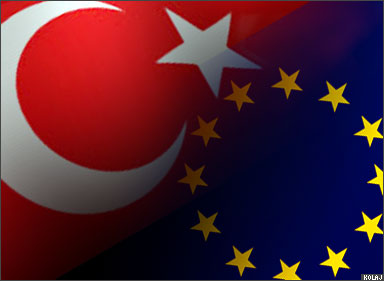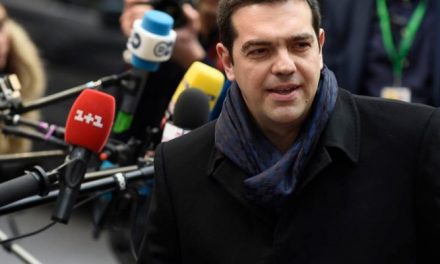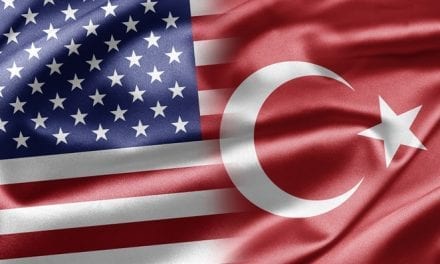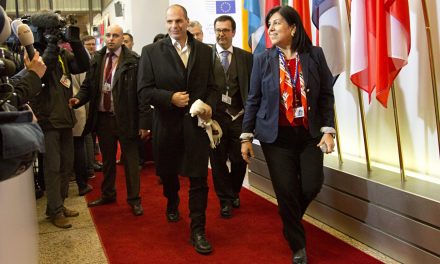By Muhittin Ataman, Daily Sabah
Turkey and the European countries have cooperated against the Soviet expansionism throughout the Cold War period. As one of the most significant members of the NATO alliance and as a frontline country, Turkey contributed to European security while Turkish citizens contributed to the economic development of Europe.
Even after the collapse of the Soviet Union, Turkey continued to serve as a buffer zone for the European countries between the unstable and undeveloped world in the East and the European countries in the West. Recently however, European countries initiated a fierce negative campaign against Turkey – they approach Turkey with different requests, while giving nothing in return. In this piece I will try to list and briefly explain some of these demands.
European countries want Turkey to fight against terrorist organizations such as Daesh and al-Qaida that threaten the Western world. However, they don’t take Turkey’s vulnerability against these threats into consideration. European countries don’t offer any help to Turkey in its struggle against terrorist organizations. They don’t prevent foreign terrorist fighters from traveling throughout Europe and joining terrorist groups in the Middle East. As mentioned by Kati Piri, a Dutch member of the European Parliament and the rapporteur on Turkey, they all remain indifferent toward terrorist groups that don’t threaten the West.
Facing imminent threats against its territorial integrity, Turkey has decided to purchase Russian air defense systems (S-400). Being aware of the security threats that Turkey is facing, but failing to take them into consideration, European countries asked Turkey not to buy non-Western (i.e. Chinese or Russian) weaponry systems, including air defense missile systems, and not to acquire weaponry systems that are not compatible with NATO systems.
Yet, NATO members are reluctant to sell heavy weaponry systems to Turkey and they don’t provide protection from possible missile attacks. European countries want Turkey to prevent an influx of refugees into Europe, to keep illegal migrants at bay and to accept the readmission of immigrants who succeeded to pass into EU countries. However, European countries have not made the required and promised financial contributions to Turkey in its efforts to take necessary measures against illegal migration. Despite all this, they still expect Turkey to shoulder the whole burden for the sake of European nations.
European countries ask Turkey to host and shelter 3 million or more Syrian refugees. Furthermore, although they are not directly influenced by the Syrian crisis, many European countries get involved in the crisis, while they do not want Turkey to do the same and cross the Syrian border in order to protects its territory from possible attacks. They oppose the Turkish struggle against all terrorist groups active in Syria, including Daesh, and they expect Turkey to be selective in its fight against terrorism – as they are.
European countries ask Turkey to remain aloof from their domestic politics; however, most of them try to influence Turkish domestic politics by supporting anti-Turkish legal and illegal groups and platforms. While they allowed opposition parties to campaign against the Turkish government, most European countries such as Germany, Austria, the Netherlands and Switzerland, did not allow the ruling Justice and Development Party (AK Party) members to do so during Turkey’s referendum electoral campaign.
Furthermore, Europeans governments instrumentalized and exploited the conflicting relations with Turkey in their own national elections. For them, the more anti-Turkish they are, the more the votes they get.
With that said, on the one hand European countries ask for “favors” from Turkey and approach with different requests, while on the other hand they have been following ideological and irresponsible policies towards Turkey. Expecting Turkey to contribute to their security and wealth, while remaining indifferent to Turkey’s problems, is not the right path. As a result, it is necessary that European countries revise their unilateral policies and abandon their hierarchical and zero-sum approach towards Turkey. They should remember that the two sides are interdependent with one another.



















